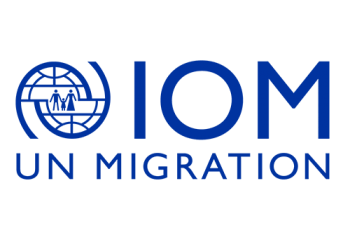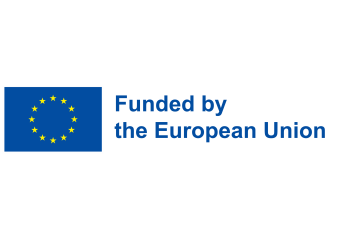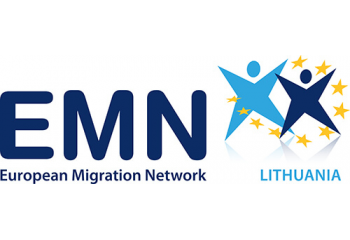News
Digital nomad visas: a potential tool for attracting highly skilled talent
Lithuania is currently facing a shortage of highly skilled talent, which is holding back the country's economic growth. Reflecting on the situation, the Minister of Economy and Innovation, Aušrinė Armonaitė, states that Lithuania must be open to talent from all over the world, pointing to remote work visas as a potential solution. That is why the European Migration Network (EMN) in Lithuania is sharing the results of an ad-hoc query from colleagues in Latvia, in which the countries of the network presented their experiences in implementing a digital nomad visa initiative.
Countries using digital nomad visas are expected to attract third-country nationals working remotely in their country of nationality or in other countries. However, this initiative has not been very popular in most European Union (EU) Member States. In response to an ad-hoc query, thirteen EU Member States indicated that this type of visa is not available in their countries and that there are no discussions on its introduction.
Seven EU Member States have a positive view of digital nomad visas. Five countries - Latvia, Lithuania, Poland, Slovenia, Finland - said they do not have this type of visa but emphasized that they are considering the possibility of introducing it. Detailing why the current regulation does not allow third-country nationals to obtain digital nomad visas, Polish colleagues pointed out that in Poland, work must be carried out directly on the national territory and that working remotely in another country does not constitute a basis for issuing a visa.
Nevertheless, two countries - Croatia and Estonia - have a digital nomad visa which allows third-country nationals to work remotely in other countries. In Estonia, the person must prove that he or she has a minimum monthly salary of at least €3 504. Otherwise, the usual visa requirements apply, including proof of an insurance policy valid for the entire duration of the stay in the Schengen countries and documents proving that the migrant has sufficient resources to stay and live in the country (in Estonia, €116.8 per day).
For Croatia, the relevant documents are required: proof of purpose - employment contract or other document proving that the person is working by means of communication technology for a foreign employer or a company not registered in Croatia, a copy of the travel document, an insurance policy, a document proving regular income, a certificate of non-conviction and the address of the place of residence.
In an ad-hoc inquiry, Croatia and Estonia, which apply digital nomad visas, underlined the multiple benefits of this initiative. Croatia highlighted that the digital nomad visa allows for a longer tourist season, which increases economic growth and enhances the development of the country. Estonia, for its part, pointed out that this type of visa reflects changes in the global labour market and is becoming an instrument to attract talent in the ICT sector.
Link:Ad-hoc query for digital nomad visas (EN)



